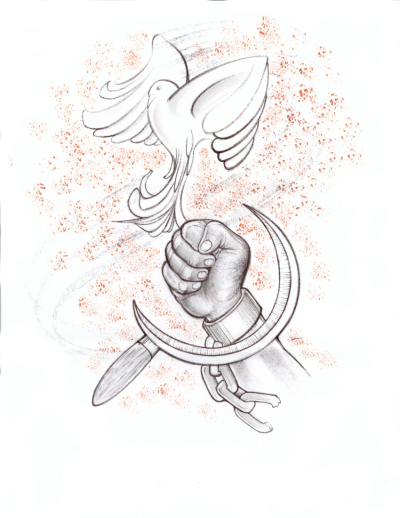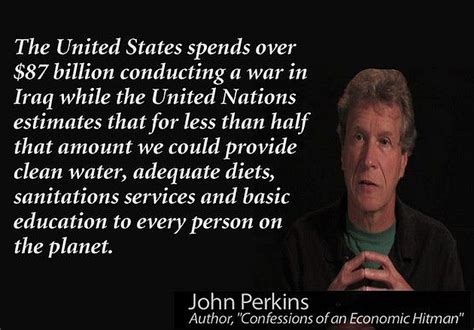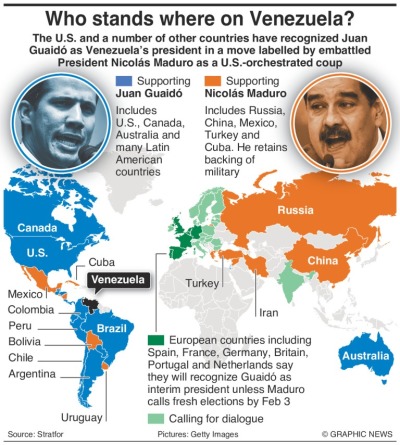
Venezuela Becomes First Target of Crisis-Driven Militarism

On 1 April 2020, U.S. President Donald Trump announced that the United $tates had doubled military forces engaged in combating drug trafficking in the Pacific Ocean between the United $tates and South America. The primary purpose was stated as being to protect Amerikan lives from dangerous drugs. The secondary purpose was to destabilize the Maduro administration in Venezueala that Trump claims is propped up by drug money. The Maduro administration responded by commending the United $tates for trying to fight drug trafficking for the first time in decades.(1)
While these actions are part of a long history of political warfare in the region, this announcement is also significant in that it is the first show of militarism to stave off the looming economic depression facing the imperialists and the global economy. Finance capital is in crisis.
As Lenin explained, the portion of capital that is finance capital only increases with time. This leads to a very top-heavy economy. One of the primary laws of capitalism is that all capital must circulate. Unlike industrial capital, finance capital is not involved in the actual production of material goods and value. As such it is not limited by humyn consumption, as long as there are profits to be made. The problem is that capitalism, unlike an economic system based on humyn need, cannot adapt to economic slowdowns such as the current one imposed by the health needs of humyns facing the COVID-19 pandemic.
If the economy is shrinking, while finance capital is always growing, then there are not enough places for that finance capital to circulate into to return a profit. This is reflected in the recent reduction of interest rates by the Federal Reserve to 0%. When profit rates are high, people will borrow at higher rates to invest and return a profit. When banks are struggling to loan money for free, that means there are no profits to be made by finance capital. Stock markets losing close to a third of their value in recent weeks also demonstrate the lack of outlets for finance capital.
The United $tates and other imperialist countries have passed stimulus plans to try to keep their consumer classes afloat. The consumption of luxury goods plays an important role in the circulation of capital, by increasing demands on production. As the skies of urban centers become clear of pollution, and animals take the opportunity to stretch their legs in areas normally dominated by humyns and pollution, finance capital becomes desperately confined when the consumer classes reduce their consumption to necessities. This is true even as Amerikans and Europeans continue to enjoy higher levels of consumption and comfort than the majority of the world.
A third factor limiting the circulation of capital, that is still accelerating, is the closure of borders and, with it, a shift in international trade. Imperialism is by definition an international system, and without massive global trade it cannot extract massive super-profits from the exploited nations of the world and distribute them amongst the imperialist country populations. The drug trade has long been an important part of international trade and finance capital. So this move announced by Trump can likely be seen as an exertion of force by the imperialists on the black market to meet some financial interests.
However, the more troubling driver to all this is imperialist militarism. It was global economic crises and trade wars that led to the first two inter-imperialist wars (with guns). This is because war destroys capital, while stimulating production and consumption in the process. War requires production for war, and production to rebuild after it. It is the final solution for the otherwise unresolvable contradictions of imperialism, specifically that of over-production. This move towards Venezuela is just the first in what we predict to be a coming escalation of militarism. And the most likely targets will be countries that have resisted the U.$. imperialists’ programs as Maduro, and Hugo Chavez before em, have done.
Today, the Maduro administration remains in power over a year after the United $tates attempted a military coup against it, without actually sending in an invading force. The United $tates continues to push Maduro to give up power to a “transitional government” under threat of continued sanctions and International Criminal Court charges co-signed by imperialist lackeys in the region. While rumors of further military action in this war on Venezuela have long been circulating, we predict that the economic downswing will be the push to make that happen. It is the duty of all who love freedom and justice to build an all-out resistance to a rising tide of militarism from the imperialist countries.
Note: 1. From the South, 1 April 2020, TeleSur.
Related Articles:









